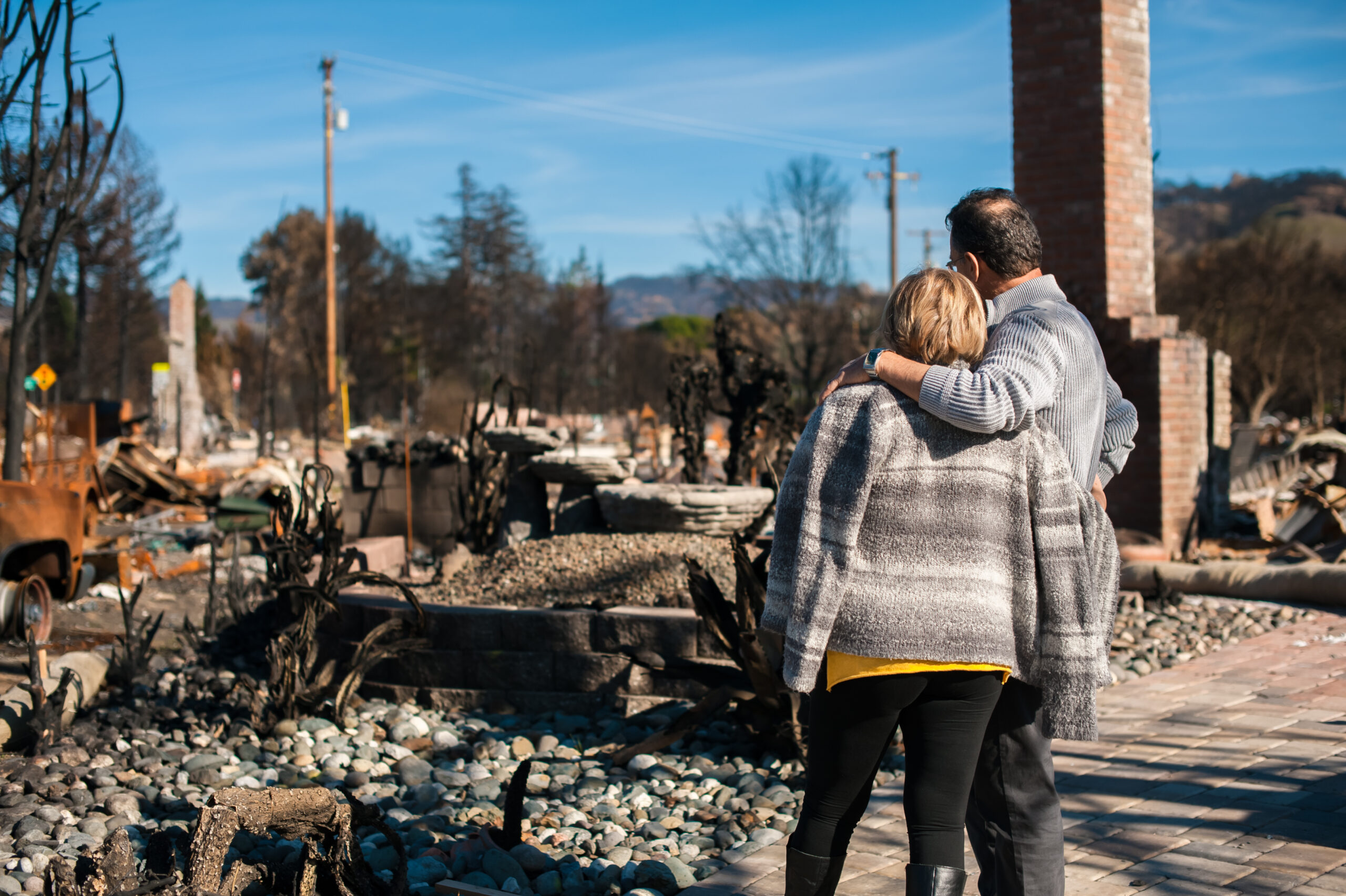
You may feel helpless and depressed if you lose your home or other property in a wildfire, tornado, storm, or other natural disaster. Twenty disasters cost $145 billion and caused 688 fatalities in 2021, according to CNBC, with Hurricane Ida being responsible for $75 billion of that total.
Natural disasters include tornadoes, hurricanes, earthquakes, blizzards, and even wildfires. Natural disasters can occur suddenly and pose a huge threat to property, vital infrastructure, human health and safety, and homeland security.
Q: Will natural disaster damage be covered by my insurance?
A: Normal homeowner's insurance will not provide coverage for this. Additional insurance, such as flood insurance and earthquake insurance, will be required.
Q: Are natural disasters subject to legal action?
A: Yes. But remember that sometimes a human error rather than a natural disaster is to blame. For instance, a boat that was improperly secured before a storm and crashed into other boats on the pier. Given that the recklessness of the boat owner was the main cause of the damage, the insurance company might not classify this as a natural disaster damage.
Q: What distinguishes an industrial disaster from a natural disaster?
A: Industrial disasters are those brought on by human activity, while natural disasters are those brought on by natural forces. On the other hand, hurricanes have the potential to cause industrial accidents like oil rig failures and refinery leaks.
Q: Do I need legal representation after a natural disaster?
A: In the wake of major natural disasters, attorneys can be a valuable resource in helping victims obtain housing, insurance relief, and disaster assistance as soon as possible. In the wake of a disaster, attorneys can also help you understand your human rights.
In addition to destroying your property, natural disasters can also violate your human rights. Even though The Stafford Act Section 308 clearly states that provisions for ensuring that supply distribution, application processing, and other relief and assistance activities are carried out in a fair and impartial manner, without discrimination based on race, color, religion, nationality, and other factors, African Americans and other communities of color were denied basic human rights following Hurricane Katrina.
The Stafford Act gives the president the ability to declare a national emergency in response to a national disaster and specifies the actions that federal agencies are likely to take to support State, tribal, and local governments affected by a significant disaster or emergency.
The Stafford Act allows The president access to the funds and emergency aid that Congress has put aside. The Federal Emergency Management Agency (FEMA) is authorized to coordinate relief efforts to support overworked state and local governments when the president declares an emergency. During a national emergency, FEMA's capabilities are frequently linked to natural disasters like hurricanes and earthquakes. When it comes to pandemics like COVID-19, FEMA has been mobilized.
In 38 states in the United States, wildfires constitute a frequent hazard. Wildfires are uncontrolled fires that can start from a natural occurrence like a lightning strike or a man-made spark and can burn in forests, grasslands, savannas, and other ecosystems for hundreds of millions of years.
Hurricanes are huge, whirling storms with winds of at least 74 mph that develop over warm ocean waters. Hurricane winds have the potential to harm both buildings and vegetation. When a hurricane strikes land, it carries with it a wall of ocean water known as storm surge. A storm surge is a water influx that has the potential to seriously flood an area and inflict property damage. The American hurricane season runs from June 1 to November 30.
One of the worst types of natural disasters is an earthquake. An earthquake is caused when two thick layers of the Earth suddenly move past one another. There are approximately 100 large earthquakes per year. Many of the Earth's earthquake zones are heavily populated, and they frequently happen without notice. Such earthquakes can have disastrous repercussions, resulting in significant economic losses and horrible human casualties.
A tornado is a narrow column of air that is rapidly rotating, extending from a thunderstorm. Since wind is invisible, it can be challenging to spot tornadoes until they produce a condensation funnel of debris, dust, and water droplets. One of the most deadly atmospheric phenomena that we experience is a tornado.
Property damage is any direct harm done to tangible property. A natural disaster, someone else's carelessness, or intentional damage are all possible causes of the damage. While reimbursement from the offending party may be required in some circumstances, such as when the expenses of damage exceed the policy limits, insurance is typically utilized to cover losses. The value of the damaged property and/or the cost of replacing or repairing it, as well as any costs spent up until the damaged property can be replaced or repaired, are typically used to establish the amount of compensation that must be paid. The evaluation of compensation becomes more individualized since sentimental or ancestral items could be irreplaceable.
Property damage from storms may be stressful, unpleasant, and expensive to repair. One of the hardest things to answer before starting to fix the damage is how you will pay for it. You may be able to acquire money to pay the costs if you can prove who is to fault for the damage. If there is any uncertainty or question as to who or what caused the harm or the personal injury, it is imperative to get in touch with a qualified attorney.
The purpose of compensatory claims is to pay for the costs of fixing or replacing damaged property. Expenses incurred as a result of the damaged property being useless, such as the temporary closure of a store after a truck crashed through it, are covered by consequential damage claims. Punitive damage claims are made in order to penalize the offender and deter others from repeating their behavior rather than because actual property damage has occurred. Punitive damages can only be granted after compensatory damages have been decided upon, and they are often limited to 10 times the sum paid as compensatory damages. The last type of claim is incidental damage, which seeks payment for costs spent as a result of property loss or damage.
It's one thing if a storm or hurricane damages your property; it's another thing entirely to suffer harm as a result of the incident. For instance, falling trees or branches can be exceedingly harmful, if not fatal.
Numerous laws that are applicable to property damage also apply in these situations. Reviewing your personal insurance policy in order to determine what costs it will cover is the first step. Depending on the facts, a personal injury claim may be viable.
You may be eligible to sue that individual for damages if the damage was brought on by their negligence, such as a dying tree that was neglected in someone's yard over time. However, keep in mind that this can be a difficult task, so having a knowledgeable personal injury lawyer on your side can help you figure out who you stand to sue.
The majority of insurance providers have procedures and deadlines that you must adhere to in order to submit a claim following a disaster. The procedures you must follow to submit a claim correctly have been highlighted.
Most insurance firms only have one priority: generating money. Insurance firms employ a number of techniques to underpay claims or even outright deny them in order to maximize profits. Some of the tactics include:
Insurance companies have realized that they can save millions of dollars by undervaluing the cases of insurance holders.
Hurricane Sandy
Some insurance customers had their coverage for flooding caused by storms denied after Hurricane Sandy. False claims suggest that the damage to the house "existed before the storm" or that it may have been brought on by "natural planet activity." Insurance experts noticed that insurance firms routinely rejected legitimate insurance policy claims while severely underpaying after the event. The reality is that many insurance firms will take whatever measure to increase their profits, even if it means abusing one of their clients.
It's difficult enough to deal with a disaster's aftermath without having to worry about your contractor. While some of these individuals are reliable, others are not. Untrusted people may receive your payment or insurance payout without providing the requested service. Furthermore, they might work without following codes and use subpar materials.
According to the National Insurance Crime Bureau, there are precautions you can take to prevent disaster fraud. The following are these steps:
Homeowners insurance is a type of property insurance that guards a person's house against losses and damage, as well as the furniture and other possessions inside. Additionally covered by homeowner's insurance is liability coverage for mishaps that take place on the property or inside the residence.
Insurance providers have a responsibility to make sure that their policyholders receive timely and adequate compensation in the event of a natural disaster. Policyholders pay their premiums on time in order to be covered by insurance in such horrible situations.
Your homeowner's insurance does not cover damage brought on by floods or earthquakes, despite the fact that it does cover numerous natural disasters and meteorological occurrences like wind, hail, lightning strikes, and wildfires. These risks would each require their own insurance coverage. This may not be something many homeowners recognize until it is too late. To have complete coverage for natural disasters, you must need three different types of policies: earthquake, flood, and home.
Hurricane Katrina and Rita 2005
At least 113 oil platforms were destroyed or seriously damaged in 2005 as a result of Hurricanes Katrina and Rita. Additionally, 19 mobile offshore drilling units (MODUs) suffered substantial damage, and five drilling rigs were completely destroyed.
As of May 1st, 2006, 457 pipelines had been damaged by Hurricanes Katrina and Rita. Damage to the host platform or its development and production pipes, the impact of dragging and displaced objects, and pipeline interaction at a crossing were the main causes of pipeline damage. The NRC database had 611 reports of hazardous material spills, including natural gas, crude oil, and condensate.
Due to the oil rigs being damaged by the intense wind and large waves during these two hurricanes, the Gulf of Mexico and the Gulf Coast experienced environmental destruction. Wind, storm surge, and levee failure from Hurricane Katrina alone resulted in direct land destruction. Residents of New Orleans were left in a poisonous stew as poisons flowed throughout the city due to broken sewage infrastructure.
A hurricane, tornado, fire, or other natural disaster's aftermath can be extremely stressful, if not terrifying. When filing a claim, policyholders typically expect their insurance carriers to repair any damage brought on by a natural disaster; however, this is not always the case. In reality, policyholders incur hundreds of dollars in costs due to costly paperwork errors. Consumers are mostly to blame for this since they neglected to read the fine print of their insurance policies, which led to underinsurance and, in certain cases, out-of-pocket expenses for coverage.
We've provided some straightforward actions you may do to make sure your claim is submitted correctly.
Remember that the majority of insurance companies have a filing deadline, so having everything in order and an experienced lawyer ready to help you will speed up the procedure.
Works Cited
“Disaster Fraud.” National Insurance Crime Bureau, https://www.nicb.org/prevent-fraud-theft/disaster-fraud.
“Stafford Act, as Amended.” FEMA, 1 May 2021, https://www.fema.gov/sites/default/files/documents/fema_stafford_act_2021_vol1.pdf.
“The Stafford Act Explained.” FindLaw, 31 March 2020, https://www.findlaw.com/consumer/insurance/the-stafford-act-explained.html. Accessed “Weather disasters caused $145 billion in damage last year in the U.S., says NOAA.” CNBC, 11 January 2022, https://www.cnbc.com/2022/01/11/weather-disasters-cost-145-billion-last-year-in-the-us-says-noaa.html.
